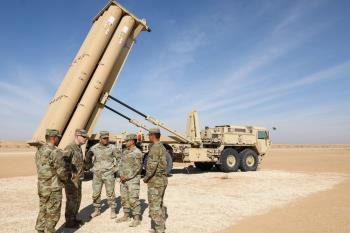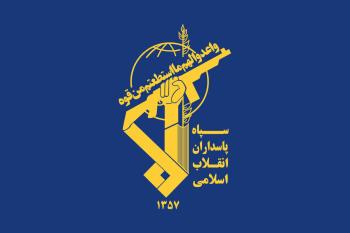Alwaght- The support of Kurdistan Democratic Party (KDP) and its leader Massoud Barzani for Turkey's recent attacks on PKK positions has triggered controversial discussions. Both PKK and KDP have faced tough criticism after Kurdistan region's civilians were killed during recent Turkish airstrikes. PKK has been under fire for dragging the war inside Iraq’s Kurdistan borders, as KDP has been bitterly criticized for its unannounced and relative support for Turkey attacks in which civilians were killed.
Since 2009, Kurdistan and Turkey have been developing relations and cooperation, as official visits by both Turkish and Kurdish sides were indicative of a will to develop ties. The Turkish president Recep Tayyip Erdogan and Ahmad Davutoglu visits to Erbil and Mosel and Massoud Barzani and Nachirvan Barzani visits to Ankara created an atmosphere of cooperation, during which two sides signed trade deals and discussed security issues. Expansion of trade ties and supplying oil to Turkey through Ceyhan Port oil pipeline are seen as steps taken by Massoud Barzani, the KDP leader and Kurdistan region president to cut off financial dependence on Iraq's central government.
Kurdistan trade deals with Turkey and selling oil to the country have made the region totally dependent on income of oil exports to Turkey, making it is practically impossible for the Kurdistan to keep standing without oil exports income. So, due to this need for money Kurdistan is pushed to have a full cooperation with PKK’s major enemy, Turkey. PKK leaders have persistently and extremely reprehended the close Barzani- Erdogan ties and accused Barzani of treason.
Nevertheless, PKK and KDP had to de-escalate tensions and cooperate after ISIS terrorist group appeared near Kurdistan borders and attacked the region. The cooperation between two parties entered a new phase after they joined forces to fight ISIS in Sanjar region and Kobani. However, after a short period of time tensions between two sides resurfaced. There were two issues behind tensions between two sides. The first was PKK’s increasing influence in Kurdistan and the second was PKK’S claims over Sanjar as a canton. These cases drew KDP leaders’ reactions. Very soon, PKK was unwelcomed in Kurdistan and the party was made to leave the region. Meanwhile, in Turkey's parliamentary elections Barzani supported and favored Turkish Justice and Development Party over Kurdish HDP party. The move, noticeably, escalated the already –stressed tensions between PKK and KDP.
Turkey bombardment of PKK positions near Kurdistan borders, which killed dozens PKK members, and Barzani support for Ankara in the face of PKK caused harsh reactions by PKK to Barzani –Erdogan ties and convergence of interests.
In response, PKK has conducted a series of actions which included exploding oil pipeline. Ceyhan Port oil pipeline explosion is seen as PKK’S primitive reaction to Barzani- Erdogan close ties. According to Kurdistan natural sources ministry 99%of the cost of damage of the explosion was on Kurdistan while Turkish side loss was very little. Reportedly, the explosion cost Kurdistan 250 million USD.
However, PKK denied, in a statement, any involvement in oil pipeline explosion and said that the order was not given by the party’s leaders. Regardless of the validity of the denial, it is not impossible to observe the explosion as a retaliatory action to Barzani endorsement of Erdogan’s party policy. Also, the oil pipeline attack opened up more tensions between PKK and KDP.
More reactions have come from PKK as a result of Turkey- KDP close convergence, including preventing media close to Kurdistan Democratic Party from entering areas under PKK control. In recent few days the YSP, PKK’S Syrian branch, has banned Kurdistan-related media from getting into “Island Canton” inside Syria. Moreover, there was a ban on the same media which tried to film villages in Ghandil mountainous area bombed by Turkish jets. The moves have drawn widespread attention in Kurdistan media. The tensions between PKK and KDP inside Turkey, Syria and Kurdistan region are expected to increase in upcoming days as division widens between the two parties.


























